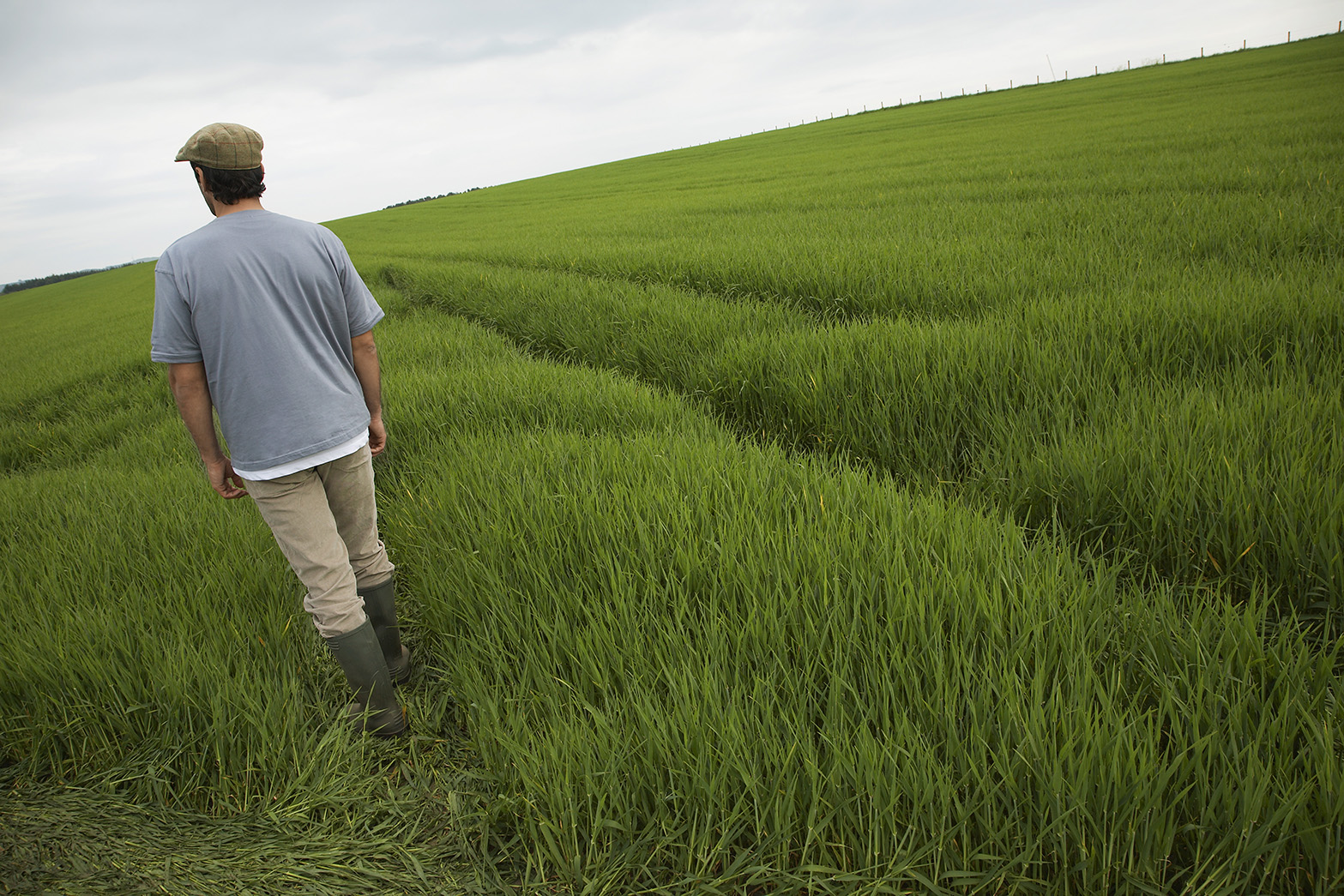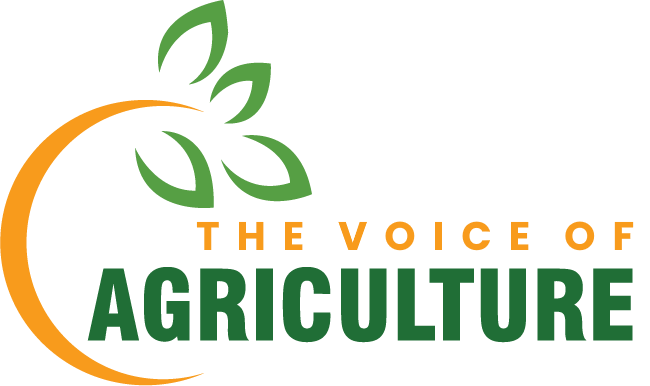
How do we get real education to people who don't live with agriculture to understand the impact of their decisions?
That's a million dollar question!
Any thoughts?
Most people living in the cities have little or no appreciation or understanding of how their food is produced.
First question: Can people go and talk to you? Second question: Where can they go? Are there any public farms where people can tour around?
I know our own clients are prepared to have people come in and view their operations. They would love to have people come watch during harvest! That is an exciting time! With those big combines and grain carts, it is fun to watch. And, I know our clients love to have people see what they are doing.
That is communication. That is getting involved in the business and seeing what it is like from the grassroots up. I know when we were farming, we were in the supply management business. We loved to have people come out and see our chickens, our turkeys and our egg production! I wanted to share that!
I know talking to people from the city, they learned a lot when visiting their rural cousins. As city kids, they were so excited to be able to drive a truck and do all sorts of fun things that they never would have been allowed to do in the city at such a young age or even have access to that size of equipment. They learned so much including - beef isn't square; it actually looks like a cow. 😉 (Their words not mine)
Now, with modern equipment we might not be inviting people to help with the harvest, but I think that a place like Olds College, or Vermillion is helping. I think they are catering to the public with their shows where you can visit their farms. I give credit to an enterprising Alberta farm family that has connected non-farmers who can visit farms. Brothers Matt and Graham Graff created the website www.farmzy.ca. Farmzy is the official booking platform for Alberta's Open Farm Days. They have created a special connection for Non-farmers. LOVE IT!
I think the more people from the city who can bring their children out to see the displays and get educated can have a positive impact on the future of agriculture.
I think another thing that the public can do, and I include the government, is that we have all these free trade agreements and we want to make sure that we're treated properly and fairly because we're a trading nation and so we have got to get rid of some of this red tape. There's so much red tape in doing good things. I understand that it takes a long time to develop some processes. But, in agriculture you need to remember it is a perishable good. Just like that!
It's not like making rubber tires where if you don't sell them, you shelve it. If you can't sell your eggs what do you do with your eggs? You can't put them on the shelf for the next six months. They'll go bad! Further processing; that's the greatest opportunity we have! Instead of selling canola, we should sell canola oil and crush it here. Instead of selling wheat to make bread we should be making the flour here. Processing adds jobs. It gives a little bit more flexibility to the producer to meet that demand.
We need government. We need society. We need everyone working together. Canada has a big responsibility here and we can't do without all of those people's help. Red tape, to me, is a big handcuff in this country.
Research and development! That's another one!
We've got to have more research and development both publicly and privately in order to improve production practices without wrecking the environment. There are ways to do that, but it takes money. Right now we got COVID and the media concern with the government is to put the country, its businesses and people back into pre COVID times. I understand that but we also have demographic issues with the farming families, we've got climate issues, and all of that has to be dealt with.
If you have a sound agriculture base, you have a sound culture, you have a sound industry, and you can feed the world. Without that, you have nothing.
I look forward to next week when I'll be talking about Something Else!
Fred Mertz
Fred@thevoiceofagriculture.ca
